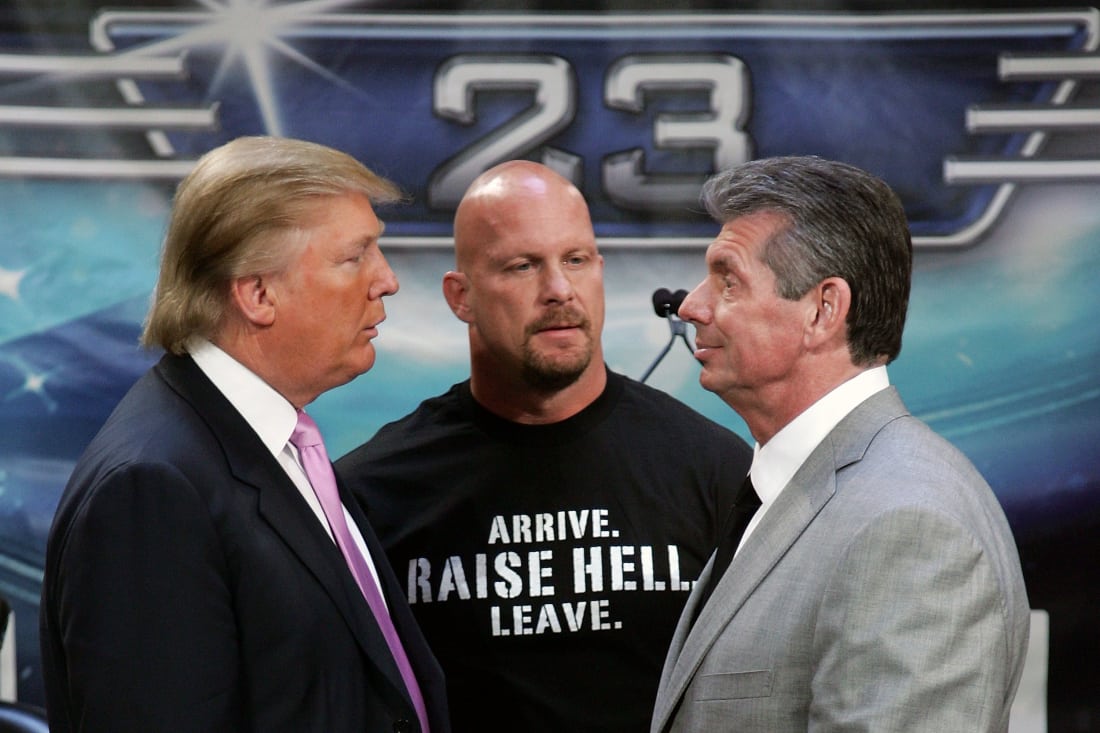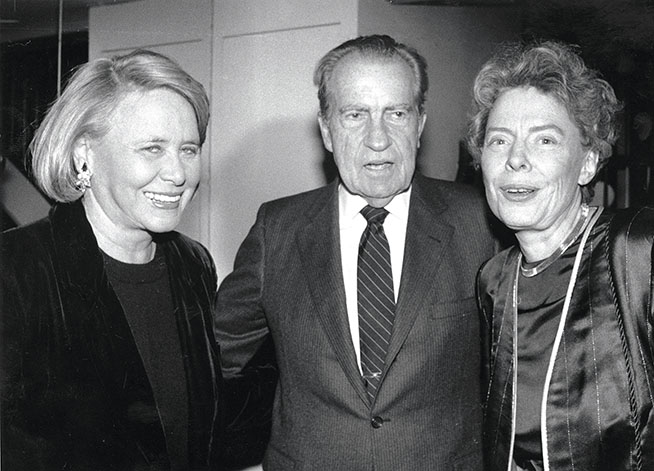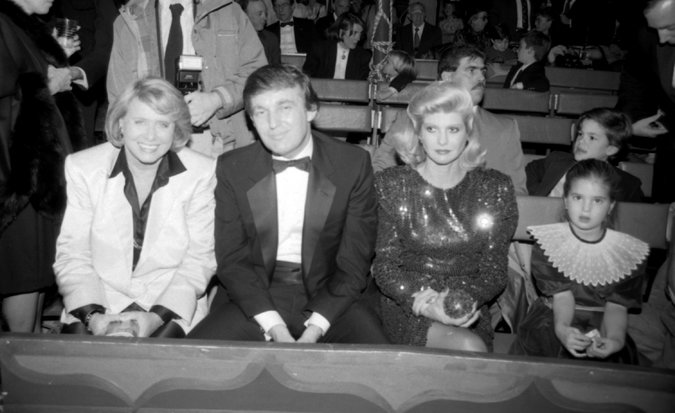In the 1990 wake of Donald Trump’s scandalous divorce and financial cratering, Liz Smith, who used the hideous hotelier for cheap, titillating content long before cable news did, wrote off his lifelong dream of acquiring the White House: “It appears Donald Trump will never be President. He can be a lot of other important things, but not the chief executive of the U.S., unless, of course, the next few generations of Americans produced are mutants with very brief memories.”
Judge for yourself if nearly 63 million of your fellow citizens fall into that unfortunate category, but Trump achieved his goal, even if it was a hostile takeover, with not only Russian interference and FBI incompetence aiding our fall from grace and into the gutter, but seismic changes in technology, media, politics and entertainment enabling the whole sordid mess.
Before a Trump presidency could became a reality, the scenario of a deeply bigoted, braggadocious, misogynistic, ignorant, money-laundering sociopath and low-brow entertainer ascending to the highest office in the land had to seem possible. That it did to so many speaks to the crumbling of our norms.
· · ·
In “Why There Won’t Be a German Trump,” a Spiegel essay by Dirk Kurbjuweit, the writer argues that his country’s different mindset and its rigid party control over candidates negates the political “freak factor,” making it almost impossible for a lone wolf who’s crazy as a loon to succeed at the highest level. That’s likely true for now, though given enough time, anything is possible. An excerpt:
Politics emerges in the “realm of possiblity” that societies construct for themselves. What do people imagine? What kinds of leaders do they think are possible? The realm of possibility is a product of real experiences as well as that of visions, fantasies, stories and dreams. What’s crucial is the height of the wall separating reality and dreams. If it is high, the potential space is small — and vice versa.
An American film called Miss Sloane, a portrait of an ice-cold lobbyist in Washington, is currently showing in German theaters. It’s a powerful movie that will leave viewers with the impression that its depiction is, in principle, an accurate one. That the fight for majorities is carried out ruthlessly, often with lies used as weapons. The reality under Trump is being compared to “House of Cards,” a series about a brutal politician who manipulates his way into the White House.
Ronald Reagan was an actor before he became a politician. Jesse Ventura was a professional wrestler, which is to say a showbiz star, before he became the governor of Minnesota. Arnold Schwarzenegger was an actor before he became the governor of California and now he is once again an actor. Donald Trump was the lead character in a reality show before he became president. These men moved from a pseudo reality into a political reality. The American wall is low, if it exists at all — the worlds of reality and dreams flow into one another. The Hollywood dream factory is part of the truth, but it is an invented one. President Trump is the product of an enormous realm of possibility.•
There are also political lies in Germany, but not such an intense interdependence between fictional narratives and reality. Here, realism is a long-scorned and underdeveloped art form. Politics is considered too boring to produce grand narratives, a fact that keeps Germany’s realm of possibility relatively small. Someone like Trump isn’t imaginable because we haven’t seen anything like him in a movie or on a TV screen. And then there’s the fact that grand narratives, whether real or not, arise out of megalomania — something that has been viewed with intense skepticism in Germany since 1945, with good reason.
Germany has a different concept of reality than the U.S., a clear separation between the spheres of dreams and politics, a high wall that makes political reality a bit more reliable and more serious.•



